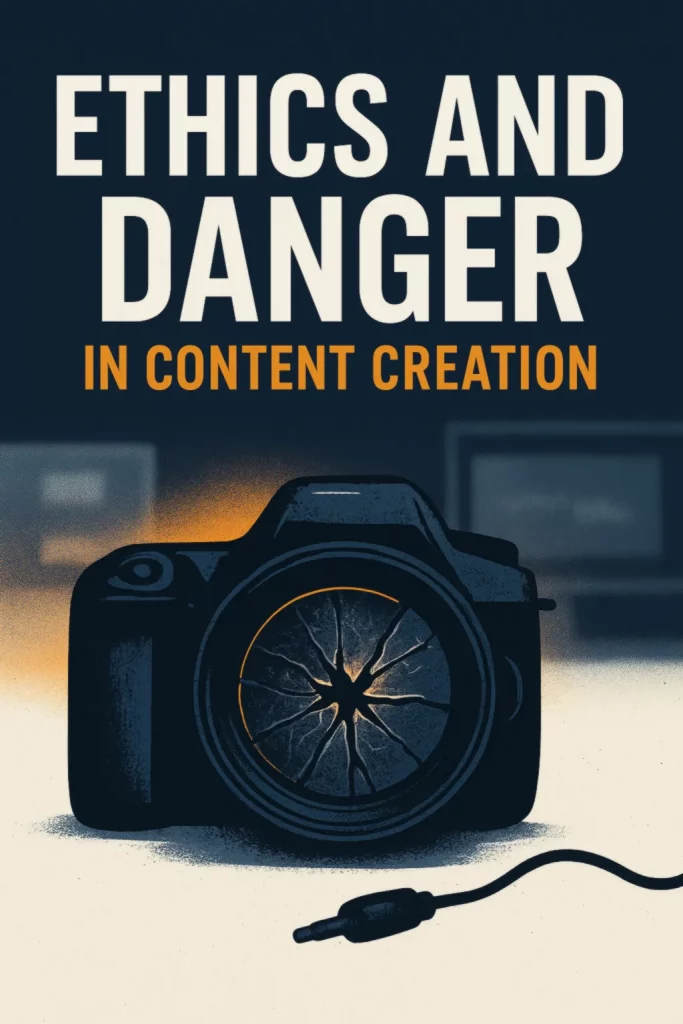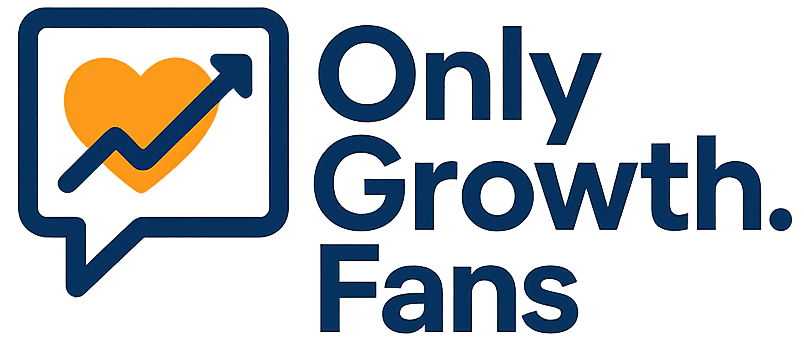The recent death of French streamer Raphaël Graven, known as Jean Pormanove, in a live broadcast on the Kick platform on 18 August, has sent shockwaves through the online community. This harrowing incident serves as a grim reminder of the extreme exploitation vulnerable individuals face in the digital sphere and highlights the significant dangers for content creators operating without the support of professional agencies that prioritise their mental well-being.
The Unfolding Tragedy on Kick – how a creator got exploited

Jean Pormanove, a 46-year-old streamer, endured over 300 hours of live filming during which he was subjected to regular mockery and physical violence by two collaborators, Naruto and Safine. Spectators, sometimes numbering in the thousands, witnessed these acts, with a crowdfunding pot for the stream accumulating over €36,000. Critics widely attribute this tragic outcome to Kick’s lax moderation policies, which permitted the broadcasting and monetisation of such violent content for months, even after a Mediapart investigation in December 2024 had highlighted these abuses.
Kick, launched in December 2022 by the co-founders of the online casino Stake, deliberately adopted a lenient moderation policy to attract content creators, including those banned from competitors like Twitch for promoting gambling, violence, or sexually explicit material. This approach incentivises provocative content, as it generates audience interaction and increases visibility, with Kick taking a commission on streamer revenues. Psychologists note that such platforms exploit a human desire for recognition, which, when positive outlets are unavailable, can manifest in destructive or self-destructive behaviour, with savagery becoming a monetised form of entertainment.
The death of Jean Pormanove exemplifies how “barbarism has become a consumer good,” with spectators even paying to witness the humiliation of a vulnerable individual.
The Perils of Unprotected Content Creation and Creator Exploitation
The tragic death of Jean Pormanove underscores broader issues within the burgeoning “creator economy,” particularly for those who lack professional support. Many individuals, often young and financially precarious, are lured by the promise of easy money and the illusion of emancipation through content creation on platforms like OnlyFans and Fanvue. However, without proper guidance and protection, they face significant risks:
- Psychological and Physical Harm: The pursuit of online income can lead to profound psychological distress. Creators like Kristine have reported being reduced to “just a number,” forced to create content against their will, and experiencing depression and drug dependence. Justine Atlan, director general of the e-Enfance association, warns that “selling an image of oneself” can damage one’s physical and psychological integrity, as creators become sexual objects. The constant exposure and potential for negative feedback can lead to low self-esteem, depression, self-harm, and substance abuse.
- Content Theft and “Leaks”: Creators are vulnerable to their content being stolen and redistributed without consent, sometimes leading to “leaks” – the public sharing of private explicit content to humiliate someone. Even platforms like OnlyFans and MYM, despite efforts to watermark content, acknowledge that screen captures cannot be stopped. Stolen content can circulate on other sites, allowing third parties to profit. We have analyzed existing leak detection solutions to prevent these risks.
- Predatory “OnlyFans Management” (OFM) Agencies: The rise of OFM agencies further complicates the landscape. Often run by young, inexperienced individuals, these agencies promise high earnings but frequently exploit creators by taking commissions as high as 80%. They may pressure creators into more explicit content, manage accounts without the creator’s full knowledge, and even “resell” models’ profiles between agencies. These practices are often legally ambiguous, skirting around definitions of pimping as long as exchanges remain virtual and creators are nominally “consenting”. It is important that you work with professional agencies and with a mature team you can trust for their expertise.

The Need for Responsible Support and Regulation to Prevent Exploitation
While the online content creation space has its pitfalls, some professional agencies are actively working to establish ethical practices and safeguard their creators. For example, we developed a charter of ethics addressing ethical questions and minor protection, along with rigorous training programmes. We emphasize maintaining clear boundaries between creators and their audience, advising against interactions that extend beyond the platform to protect creators’ mental health.
The death of Jean Pormanove is a critical alarm bell for the entire digital content ecosystem. It highlights an urgent need for:
- Robust Regulation and Enforcement: Governments and regulators must work to define and penalise exploitative practices, including the activities of predatory “agents”. Sweden’s recent move to criminalise the purchase of online sexual acts (like private media requests) is in our opinion a step that goes to far in this direction, equating it to the purchase of physical sexual services. We would rather recommend defining the boundaries of online content creation.
- Stricter Platform Moderation and Age Verification: Platforms like Kick, OnlyFans despite their public commitments to safety, need to implement more effective age verification measures and actively moderate harmful content, especially that promoting violence, exploitation, or illegal activities. The current systems are easily circumvented.
- Support for Content Creators: Vulnerable creators need access to mental health support such as support gourps and therapists, legal advice, and ethical management services that prioritise their well-being over profit. Agencies like ours work together with established professionals such as pinapple support.
- Public Awareness and Education: Parents and young people need to be educated about the real dangers of online content creation, the potential for exploitation, and the blurred lines between consensual self-expression and harmful sexualisation or even prostitution.
The digital world offers immense opportunities, but without strong ethical frameworks and proactive protection measures, it can become a dangerous frontier where vulnerability is exploited for profit. The memory of Jean Pormanove must serve as a catalyst for collective action to safeguard all who navigate this evolving landscape.
